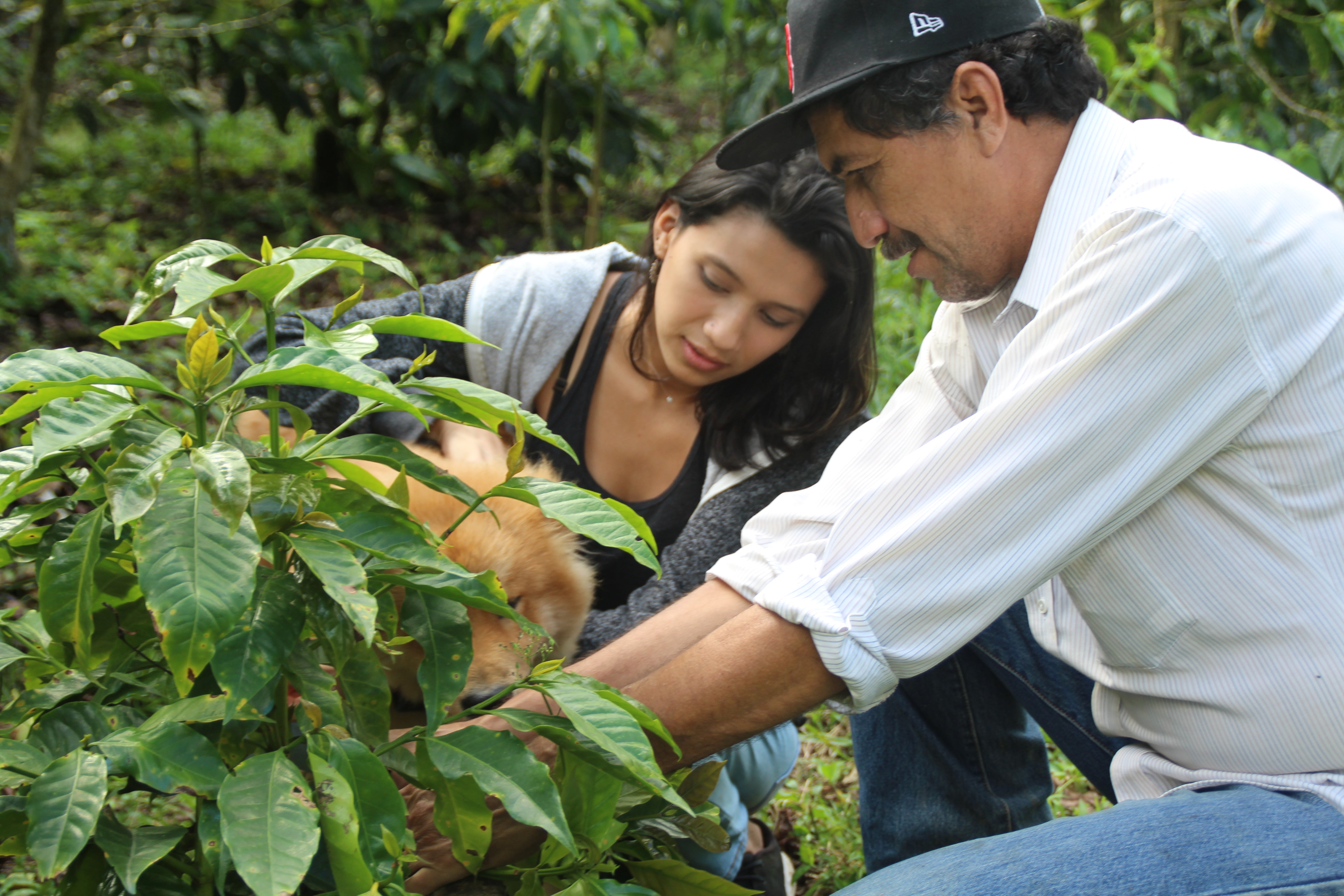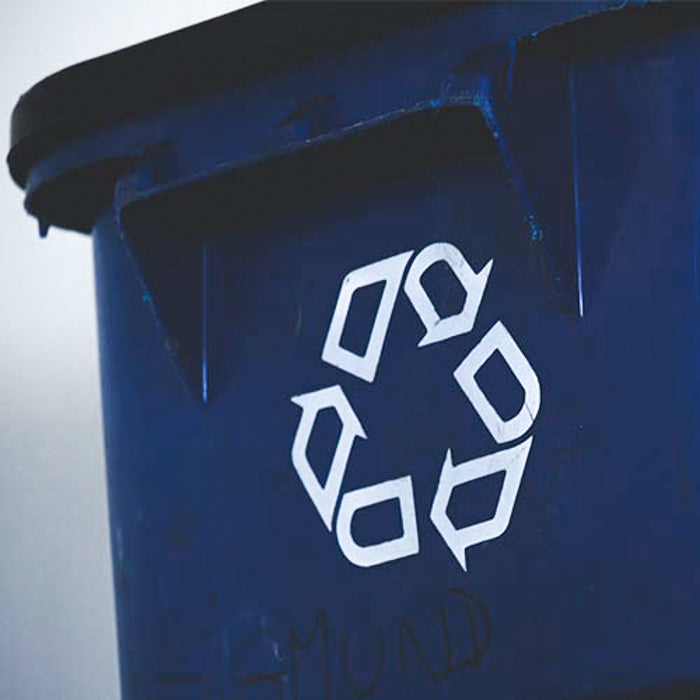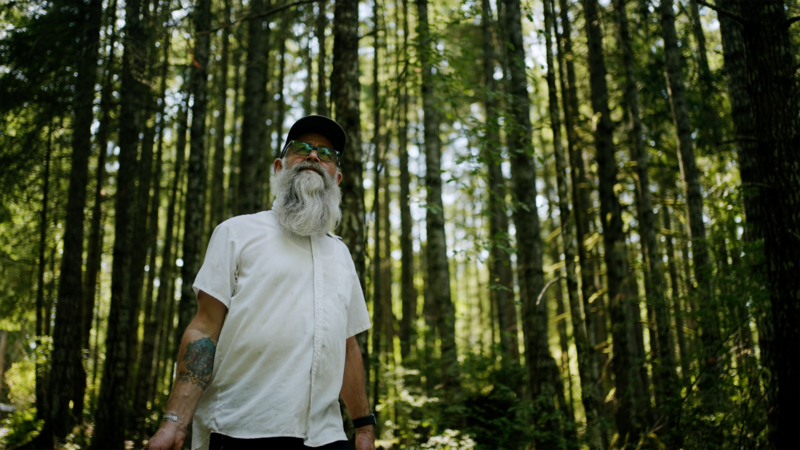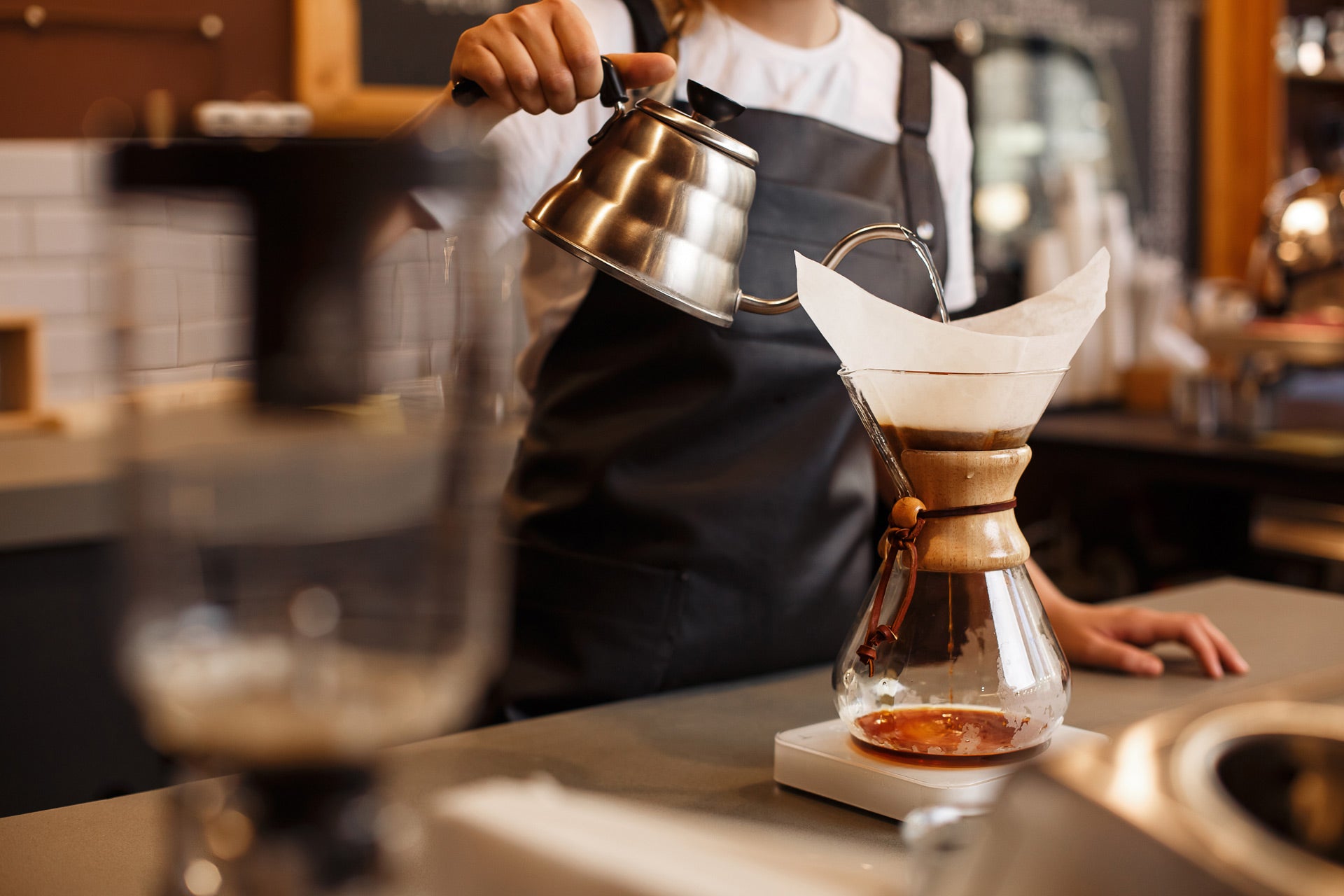
Biodynamic Farming With Byron Corrales
Located in Nicaragua, Byron Corrales and his family have been producing high quality organic coffee since 1981. In the mountains of Jinotega, Byron's coffee farm is situated in the midst of a luscious natural reserve El Arenal.
What’s unique about Byron’s farms is that he’s been using biodynamic farming methods for over 25 years. You might be wondering: what is biodynamic farming?
Biodynamic farming views the farm as an integrated living organism – the goal is to nurture the soil, plants, animals, compost, forests, people and spirit so that they work together in harmony. This might seem like an obvious way to farm, but with industrial agriculture it’s common practice to clear cut trees, spray pesticides and use chemical fertilizers to increase profits.

Biodynamic farming is a form of regenerative agriculture that uses a holistic approach to farming; working in conjunction with the natural ecosystem so that soil is continuously improved. This way of farming is great because it helps to pull carbon out of the environment and promotes nutrient rich soil and crops while cultivating natural biodiversity.
Byron’s Biodynamic Practices
Byron is truly a philosopher and visionary when it comes to sustainable organic coffee farming. Here are a few of his biodynamic farming practices.
Regenerative grazing. While cattle raising is known for its impact on the environment, adjusting grazing practices can actually improve soil health and lead to significant amounts of carbon being sequestered in the ground. For that to happen though, the grass that cattle graze on needs to be left to grow long enough so that it can sequester a sufficient amount of carbon before being eaten. Byron raises cattle and rotates them between different pastures, allowing the grass in each pasture to grow sufficiently before allowing them to graze there.

Natural fertilizers and bioculture. The cattle that are allowed to roam freely and graze on organic grass and hay then help to produce manure used for fertilizing the crops. Because of this, synthetic fertilizers and pesticides are not required to keep the crops healthy.

Harvesting with the phase of the moon. Biodynamic agriculture encourages farmers to listen to the land to develop deep relationships and expand awareness. Byron uses the phase of the moon to determine the timing of coffee cherry harvesting to optimize the natural flow of nutrients through the coffee plant to the cherries.
Mountain water irrigation. Byron uses water sourced from a nearby mountain to irrigate his farms. The mountain water is naturally filtered by the environment and is clean enough for consumption.
Industrial farming practices have caused severe environmental degradation, impacting soil health and contributing to greenhouse gas emissions and climate change. That's why we are proud to partner with farmers like Byron Corrales whose practices can help reverse this damage, restore soil health and remove more CO2 from our atmosphere.
We know that regenerative agriculture isn't accessible to all so we look forward to learning more about the challenges and how we can support other farmers who would like to take this journey.


